Tehran, MINA – Iranian state television announced on Monday night that Tehran has agreed to hold a new round of negotiations with the three European signatories to the nuclear agreement with France, the United Kingdom, and Germany in response to a formal request from the European parties.
The talks are scheduled to take place on Friday in Istanbul, at the level of deputy foreign ministers. Deputy Foreign Minister for Political Affairs Majid Takht-e Ravanchi and Deputy Foreign Minister for Legal and International Affairs Kazem Gharibabadi will represent Iran.
The negotiations will focus on Iran’s nuclear program and will proceed independently from the ongoing indirect talks between Iran and the United States.
Al Mayadeen’s correspondent in Tehran confirmed that Iran agreed to the meeting following an official request from the European Troika.
Also Read: Trump, Mamdani Aim for Cooperative Relationship After White House Meeting
On Sunday, the European Troika issued a joint statement urging Tehran to engage in fresh negotiations aimed at achieving a comprehensive agreement that addresses what they described as “all concerns related to Iran’s nuclear program.”
They also expressed willingness to help create the necessary conditions to reach such an outcome.
Iran’s nuclear negotiations have remained uncertain in recent months, but this renewed engagement signals a possible step forward in the diplomatic efforts between Tehran and Brussels.
On Friday, Iranian Foreign Minister Abbas Araghchi firmly rejected the Western narrative regarding the failure of nuclear talks and placed full responsibility on the United States for both the collapse of the 2015 nuclear agreement and the recent breakdown in diplomatic revival efforts.
In a statement posted on X (formerly Twitter), Araghchi said he had participated in a video conference with the foreign ministers of the E3 and the High Representative of the European Union. He emphasized that Iran remains committed to dialogue, while it is Washington that has repeatedly obstructed diplomatic progress.
Also Read: 1,700 Sudanese Children Suffering From Malnutrition in Tawila Camp, Local Group Warns
“It was the United States that withdrew from the 2015 agreement negotiated over two years and coordinated by the EU not Iran,” Araghchi asserted. He added, “And it was the U.S. that walked away from the negotiating table in June this year and opted instead for a military approach.”
In line with this stance, Raouf Sheibani, Iran’s special envoy to West Asia, earlier this week rejected Western pressure to accept a revised nuclear deal.
In an interview with Al Mayadeen, Sheibani stated that Iran will not capitulate to any Western threats or coercion aimed at triggering the snapback mechanism.
While reaffirming that diplomacy remains Iran’s preferred path, Sheibani stressed that Tehran is “prepared for all scenarios” should negotiations fail.
Also Read: Finland’s Largest Retailer Halts Israeli Product Sales
Referring to the recent 12-day war, Sheibani criticized Western reliance on coercion, saying, “Western military pressure during the 12-day conflict yielded no results, and other forms of pressure will likewise not force Iran to retreat.” []
Mi’raj News Agency (MINA)
Also Read: 1,000th Western Military Supply Plane Lands in Israel Since Gaza War





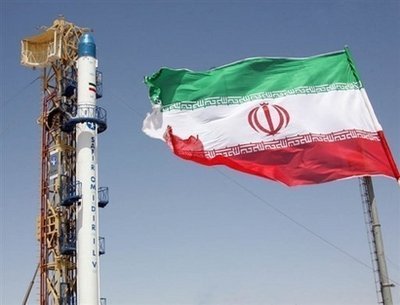

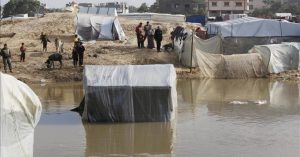
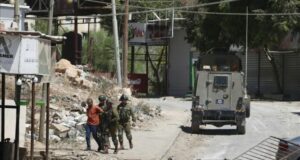






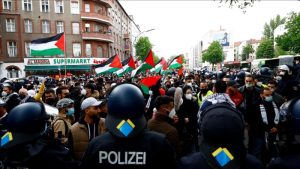

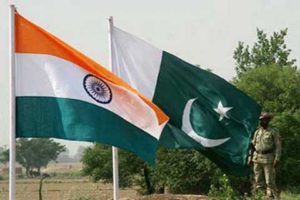
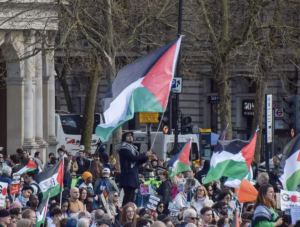
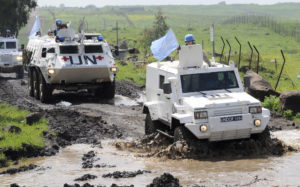









 Mina Indonesia
Mina Indonesia Mina Arabic
Mina Arabic